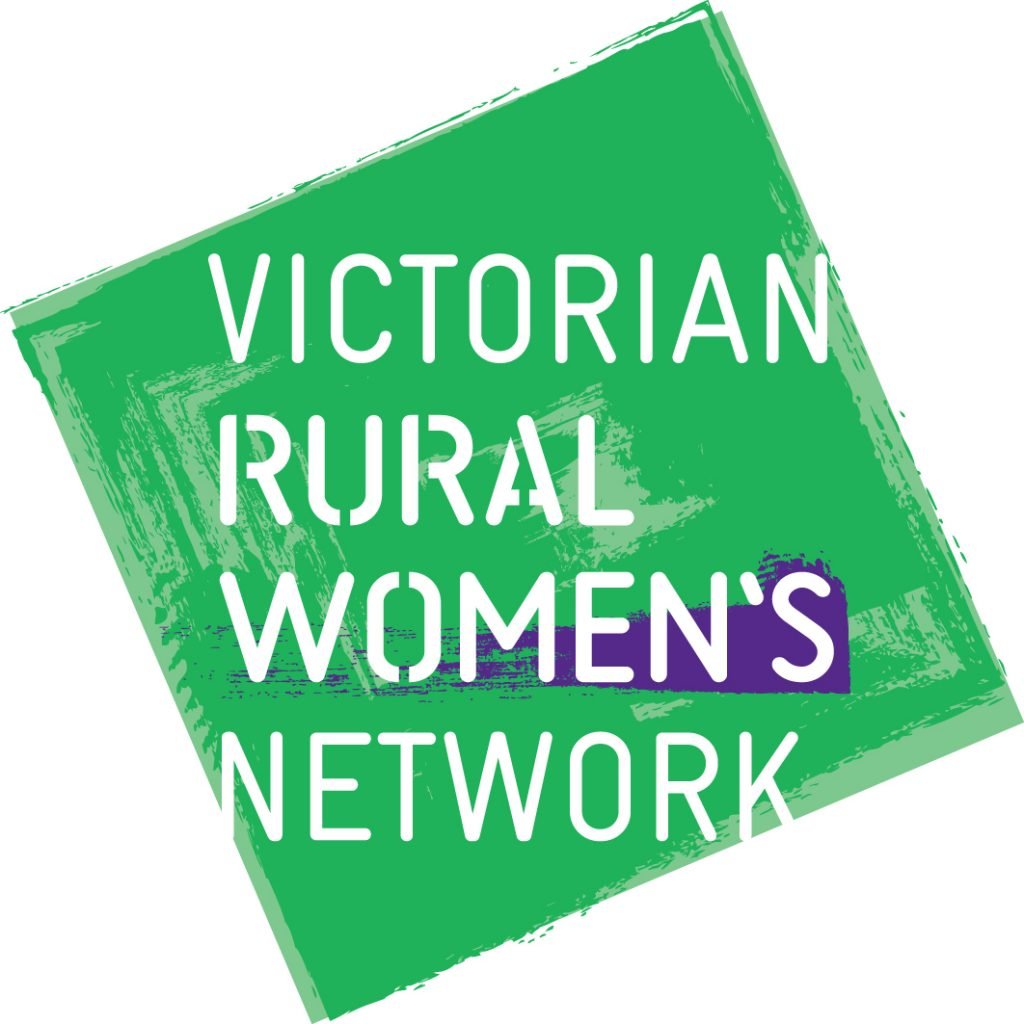 Dr Kate Auty’s legal training has seen her working across the country tackling challenging subjects. Now based in Euroa, her days are filled with driving community sustainability initiatives, and mentoring the next generation of leaders.
Dr Kate Auty’s legal training has seen her working across the country tackling challenging subjects. Now based in Euroa, her days are filled with driving community sustainability initiatives, and mentoring the next generation of leaders.
Tell us about your background and what you do. What does your day to day look like?
I am involved in a couple of boards and I work in a pro bono capacity in my community. I chair the Victorian EPA Governing Board and bring a regional perspective to that role. I am also on the editorial board of the Urban Climate Change Research Network (where Columbia University is the lead agent). I continue as a Professorial Fellow at the University of Melbourne.
My partner and I also have a small holding in Euroa where we run cattle and share-crop. Close to home, I am a member of a number of community groups: the Euroa Environment Group, Euroa Energy (a microgrid development initiative), and EuroaConnect which is working to ensure local government gets green development in railway precincts across the north east.
When not working in my formal board capacities my days have always been full of mentoring others, working to build capacity in our community groups, undertaking pro bono legal work and promoting community development generally. I make it a rule to agree to speaking about the interesting and challenging work we can all be doing in regional settings.
My prior work history is full of interesting challenges. Much of my recent work is focused on sustainability – I was the Victorian Commissioner for Environmental Sustainability, and Commissioner for Sustainability and the Environment in the Australian Capital Territory. My early work as a lawyer focused on Indigenous communities and welfare law – much of which involved working closely with women. I’ve also held positions as a magistrate in Victoria and Western Australia.
In a board context, I also previously chaired the board of the Banksia Foundation and was a co-opted Director on the board of the Business Council for Sustainable Development Australia, and was on the advisory boards of the Australian Urban Research Infrastructure Network, the Murray Darling Basin Authority and the National Electronic Collaboration Tools and Research Network.
I think making difficult subjects more approachable for general audiences is one the great communication challenges for our age – particularly where reporting on environmental science is concerned. My previous work as a lawyer where I was often looking at complex issues has given me some good insights for this.
Why is it important to you to be a leader in your industry and community?
I think leadership is in everybody. It is my view that we need to encourage people to step up and give them the tools to do this with confidence. Whenever I am able, I work to ensure diversity and inclusiveness are core business and I also think it is critical to build capacity in younger women and men. As I have moved on from roles, I have always tried to ensure a succession plan is in place.
In ‘leading’ it is critical to make sure that the skills we have gained over time are shared and exported. In the regions this is particularly important as we often feel that there has been a ‘brain drain’ with our younger people attracted to the larger metropolitan centres where they feel the work and career opportunities can be found. It has been my experience that working in regional Australia has exposed me to some of the best minds and to the most interesting work I have ever done.
Remarkably, COVID-19 has given the movement ‘back to the regions’ a real boost and we need to make sure that we embrace all the possibilities and opportunities. We have all learnt new skills, we just need to make sure we use them in a personalized, innovative and effective way.

